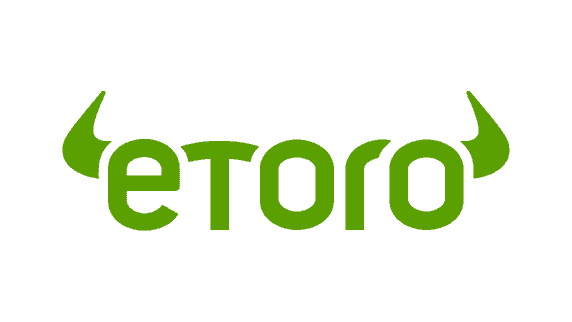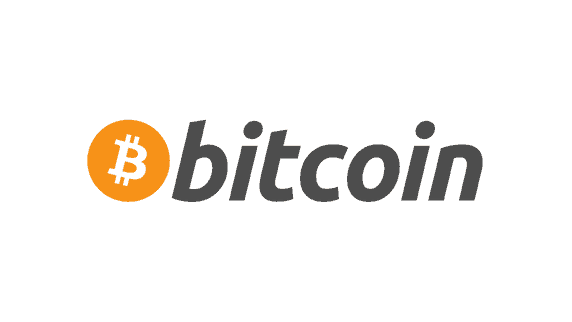Moneta Markets has expanded its social trading offerings by adding ZuluTrade to its trading platform, the broker announced on Friday. The most recent integration comes as Moneta already offers such services with Duplitrade, another popular third-party social trading platform.

Copy trading trend
Copy trading, which allows traders to copy experts’ trading strategies, has become very popular over the last decade. The industry is estimated to be growing at a compound annual rate of 7.8 percent and is expected to grow from $2.2 billion at the end of 2021 to $3.77 billion by 2028.
ZuluTrade is a very popular copy-trading platform that has partnered with dozens of brokers to enable them to offer copy-trading services to their clients. The platform was founded in 2007 and acquired by Finvasia Group last December for an undisclosed sum, a deal that also included Greece-licensed broker AAAFx.
Headquartered in Greece, ZuluTrade is now focused on expanding its global reach and seeking new regulatory licenses. It’s also pushing to add new features to its existing social trading platform.
Moneta Markets
Founded in 2020, Moneta recently emerged from the Vantage umbrella to become self-employed. The broker received a new regulatory license in Australia while already being regulated in South Africa and St. Vincent and the Grenadines.
Meanwhile, third-party trading platforms have become wary of late after Apple pulled two MetaTrader apps from the App Store, possibly in response to scammers’ use of the platform. These third-party trading platforms rarely partner with shady brokers who operate without a license or offshore permits.
Moneta Markets has expanded its social trading offerings by adding ZuluTrade to its trading platform, the broker announced on Friday. The most recent integration comes as Moneta already offers such services with Duplitrade, another popular third-party social trading platform.
The broker’s decision to integrate ZuluTrade came after expanding its product range and also improving trading infrastructure and pricing.


